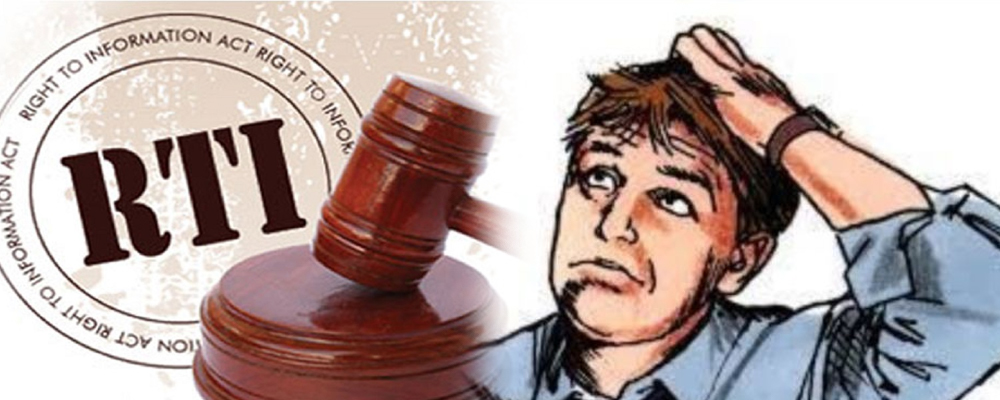In a decision held by the High Court of Karnataka in the case of [Sijo Sebastuian v Karnataka Information Commission and Others (writ petition no. 4913 of 2022)], the Bench of Justice Krishna S Dixit observed that the Information Commission cannot let the undue delay caused by a Public Information Office in furnishing information sought for under the Right to Education go unpunished.
Facts
A writ petition was filed to seek exemplary punishment under Section 20 of the Right to Information Act for dereliction of duty by the PIO-cum- manager attached to the Block of Education, KR Puram in Bengaluru.
It was averred by the petitioner that the information sought by him was furnished with a delay of about two years, whereas his statutory appeal was disposed of by the State of Karnataka
Information Commission
It was pleaded by the petitioner that the appeal filed by him could not be so ‘casually’ closed, while a blind eye was turned to the delay brought by the PIO.
Because of its public nature and status as a statutory entity, it was claimed that the commission/respondent cannot act like a maharaja or Moghul.
Need A Legal Advice
The internet is not a lawyer and neither are you. Talk to a real lawyer about your legal issue

Observation of the Court
It was observed by the court that access to information is a key tool while curbing corruption and wrongdoing.
Investigative journalists and civil society organisations can use the right to information to expose the wrongdoings in the various organisations and root them out.
The rights like Right to Information reflect the fundamental premise that government and public officials are supposed to serve the people. However, there are a number of more practical ideas underlying the widespread recognition of the right to information.
It was further expressed by the court that the right to access to information is recognised even under the provisions of the Universal Declaration of Human Rights, as an element of freedom of expression. In the said document it has been recognised as the right to seek and receive information.
It was noted by the court that Section 20 of the RTI Act prescribes a penalty of Rs. 250 for every day brooked in furnishing the information; while the sub- section (1) of the same Section prescribes the maximum penalty amount of Rs 25000.
It was mentioned by the court that under Section 20,
The first proviso to sub-section (1) of Sec.20 provides audi alteram partem and thus before levying the penalty the person who has erred shall be heard.
The second provision of the same sub- section enacts a negative burden and places it on the shoulders of the erring official to prove that he acted reasonably and diligently in furnishing the information in time or not furnishing.
The second provision shows the significance of the right to information as legislated by the parliament.
That being the case there is no reason for closing the appeal of the petitioner without levying penalty on the 2nd respondent, who chose to remain unrepresented despite the notice being served.
The PIO was directed to pay a penalty of Rs. 25000 to the petitioner with a cost of Rs.10000.
Lead India provides a team of experienced advocates who have years long experience in dealing with cases related to both civil cases as well as criminal cases, thus if you seek legal advice or assistance you may contact us.





 Talk to a Lawyer
Talk to a Lawyer